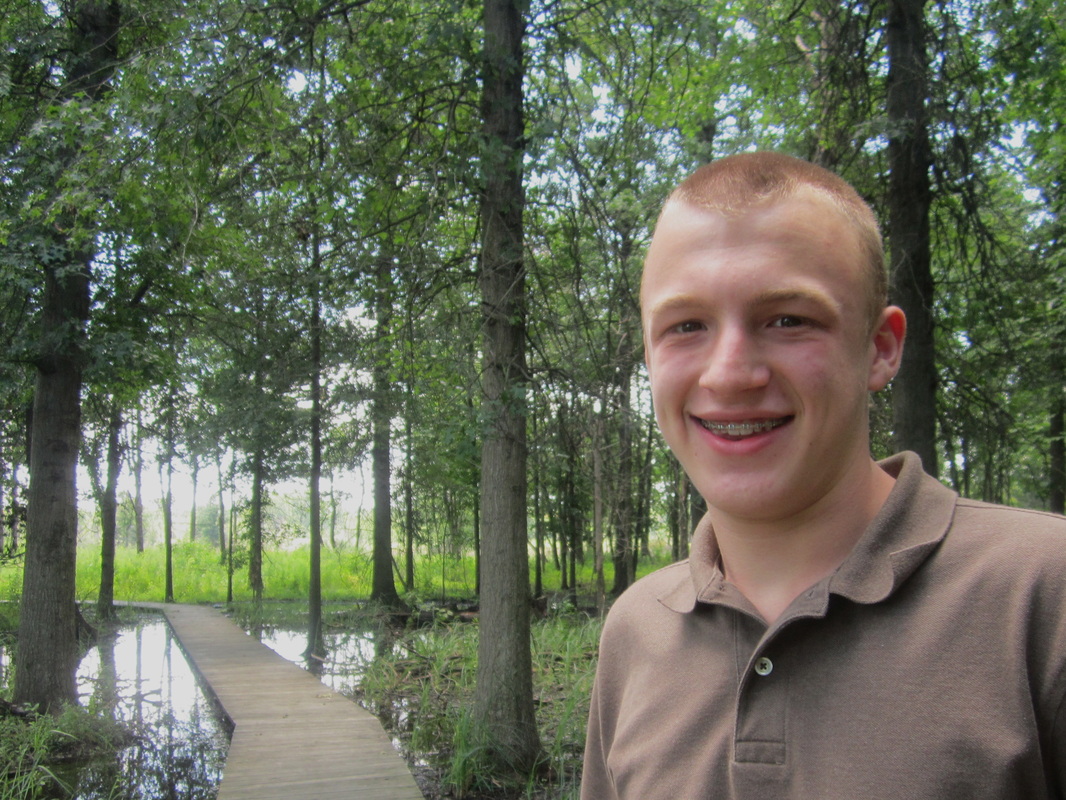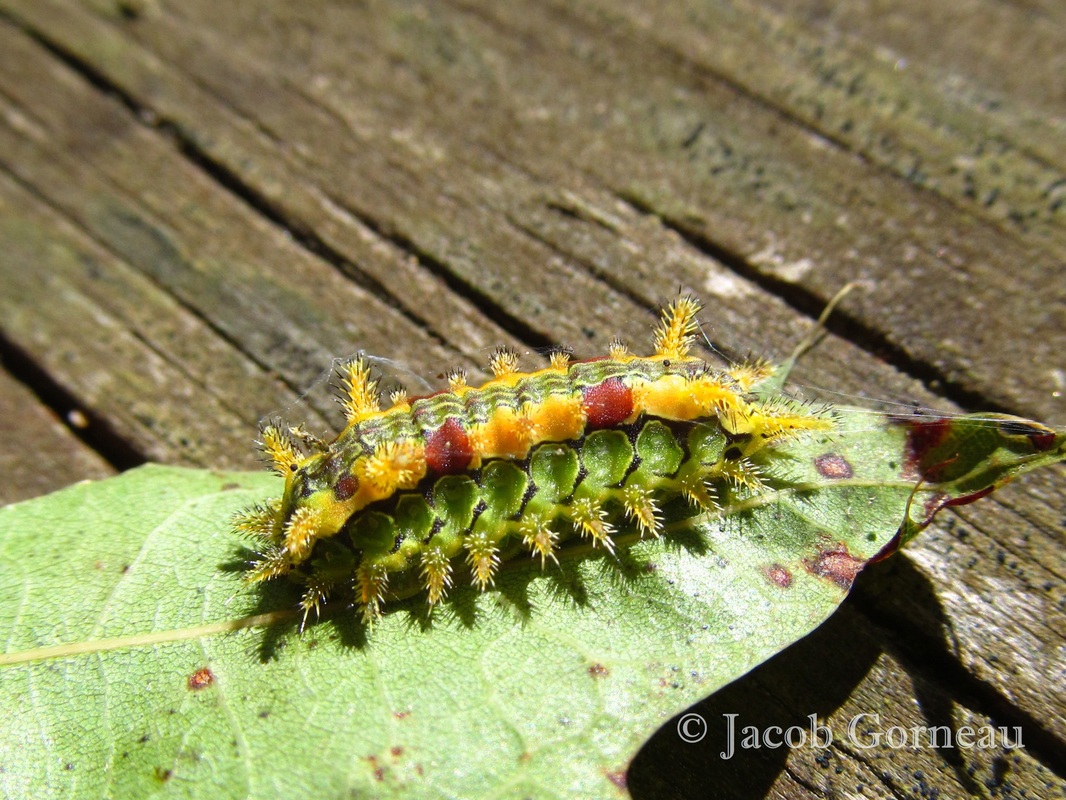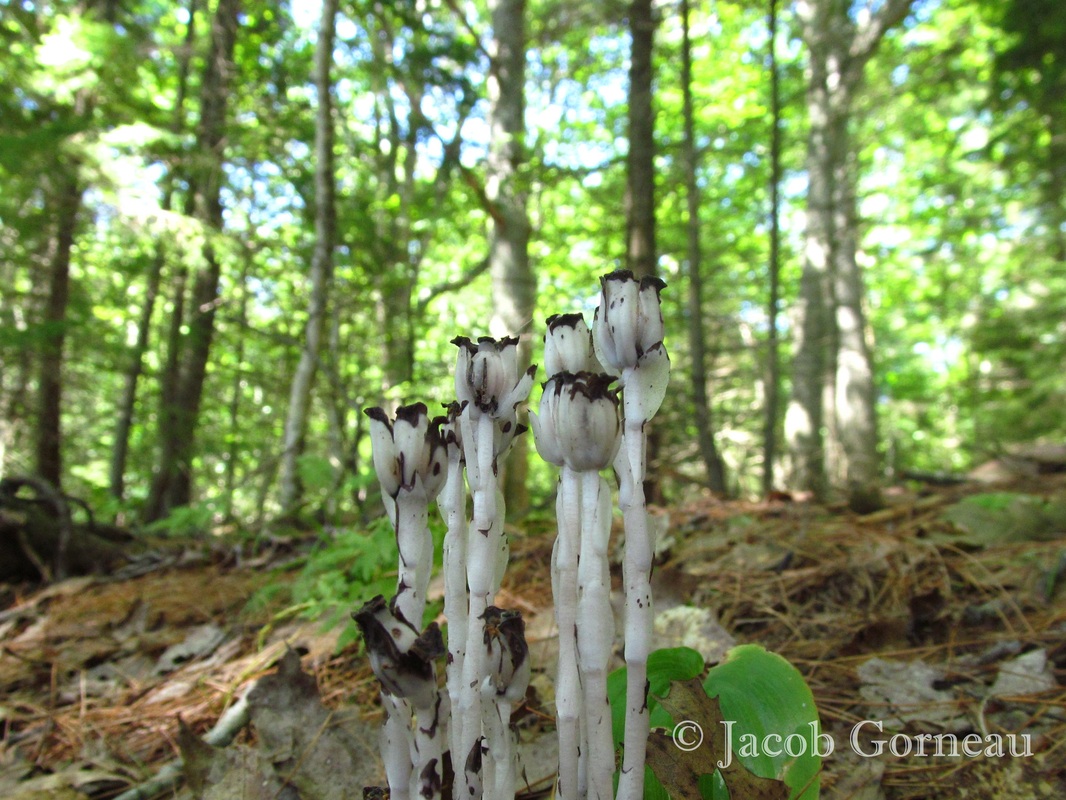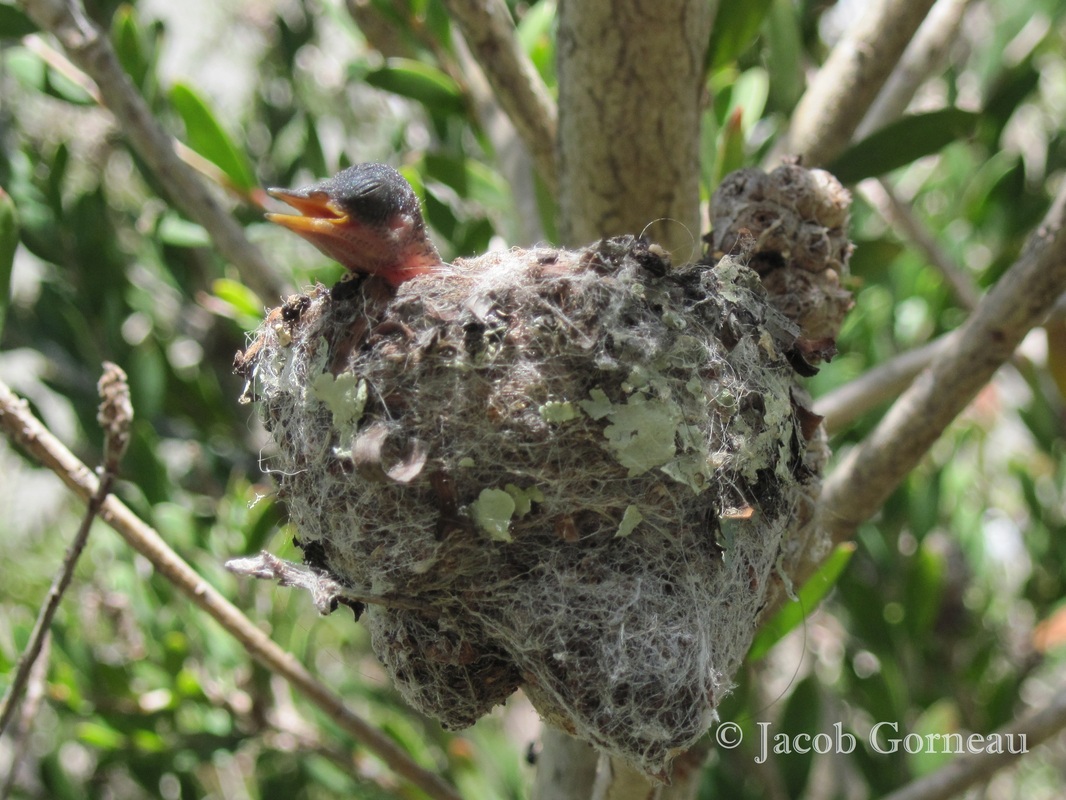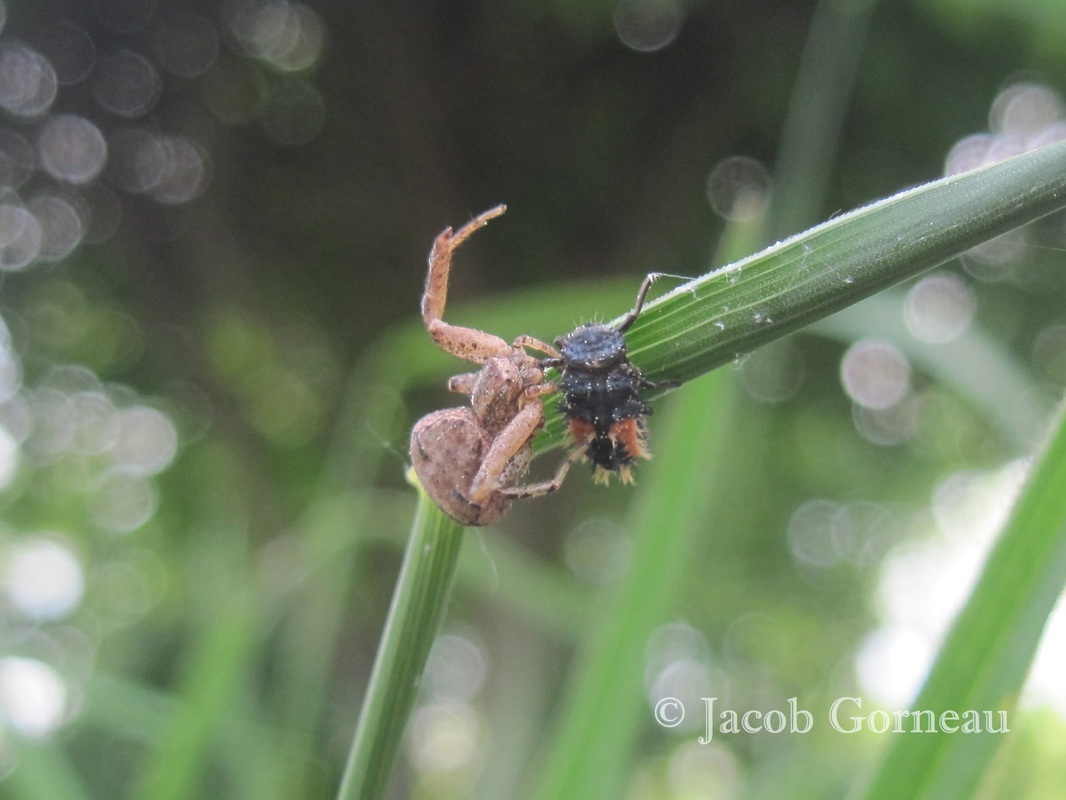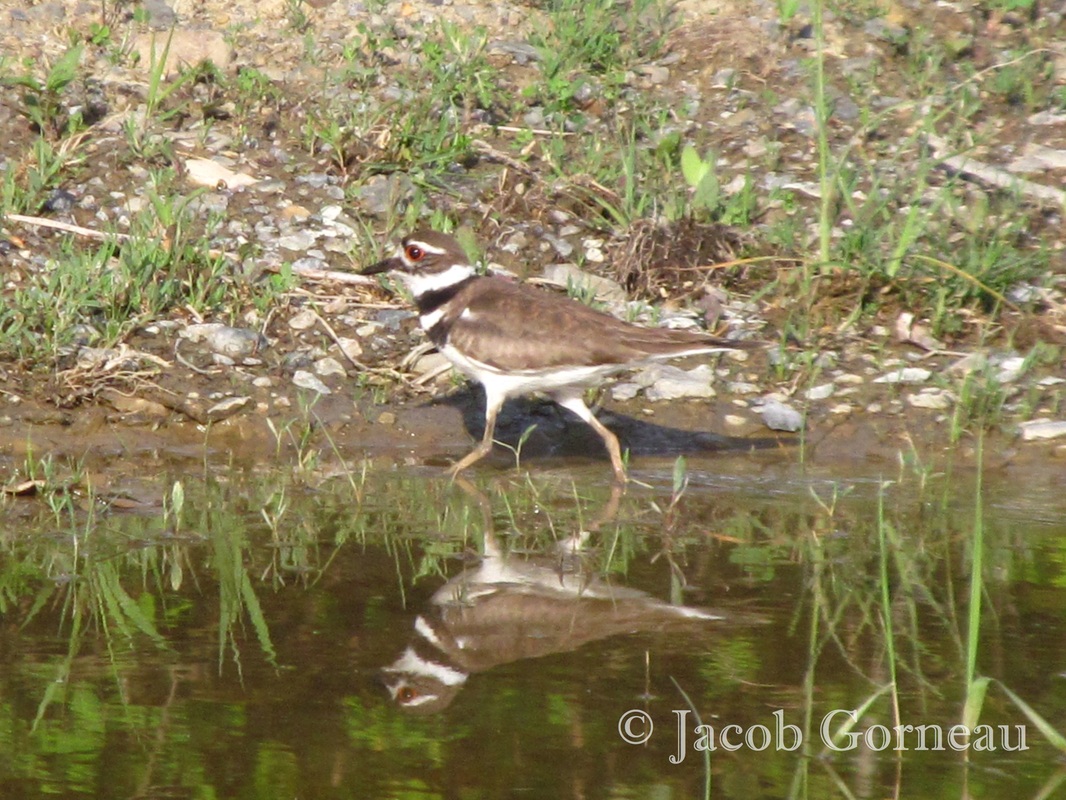This global interaction truly provides a unity in worldwide environmental advocacy and citizen science. My fascination with moths, which was sparked in 2009, when I saw a Black Witch Moth while visiting Florida, and a Polyphemus Moth my father found at our house. I was amazed by their subtle beauty and their cryptic presence. Even then, I was bothered when people referred to them as pests. I combined this interest with my new obsession of Project Noah, and created a mission. Missions on Project Noah provide spotlights on organisms or specific organisms, usually within a specific range. My mission first covered northeastern North America, and with an increase in popularity, it was expanded to include the Americas. With a collaboration between Project Noah and the National Moth Week in sight, I was asked to be the "moth ambassador" for Project Noah. I was featured on the National Moth Week blog, and helped select members and spottings to feature on the Project Noah blog. After the end of the first National Moth Week in 2012, which became more of an International Moth Week due in part to Project Noah's global database, a global total of 684 moths were spotted on Project Noah. Moths were spotted from Bhutan to Brazil! According to a poll done on the National Moth Week website, a majority of the submissions were through Project Noah. Project Noah is a huge step forward for young conservationists looking to contribute to ecological surveys, conduct surveys of their own! I truly have learned more than any textbook could ever teach me! I wasn't fully immersed into science until I realized how much wasn't known in science. Sure, we do know a lot of things about science, but there is a huge amount that we don’t know, which provides an endless learning opportunity.
I believe that citizen science is the most vital element in a worldwide database with data accessible for everyone, whether it is tracking medical trends or counting cicadas! Citizen science will save ecosystems in threat of destruction because as people document wildlife, they become interested in the preservation of such habitats vital to many forms of life. Citizen science coincides with conservation, as the single most important thing in conservation is education and such an education lies in citizen science. Citizen science has led to discoveries of new species, range extensions, and more accurate population estimates.
Currently, conservation action imperative to the preservation of species. At a time where some of the most biodiverse places on Earth are being destroyed due to non-sustainable farming techniques, and drilling for oil, among other things, action needs to be taken before these areas are destroyed. Species in such bio-dense places are fantastic examples of evolutionary prowess, provide possible pathways for medical advancements, and simply leave one awe at the complexity of nature.
